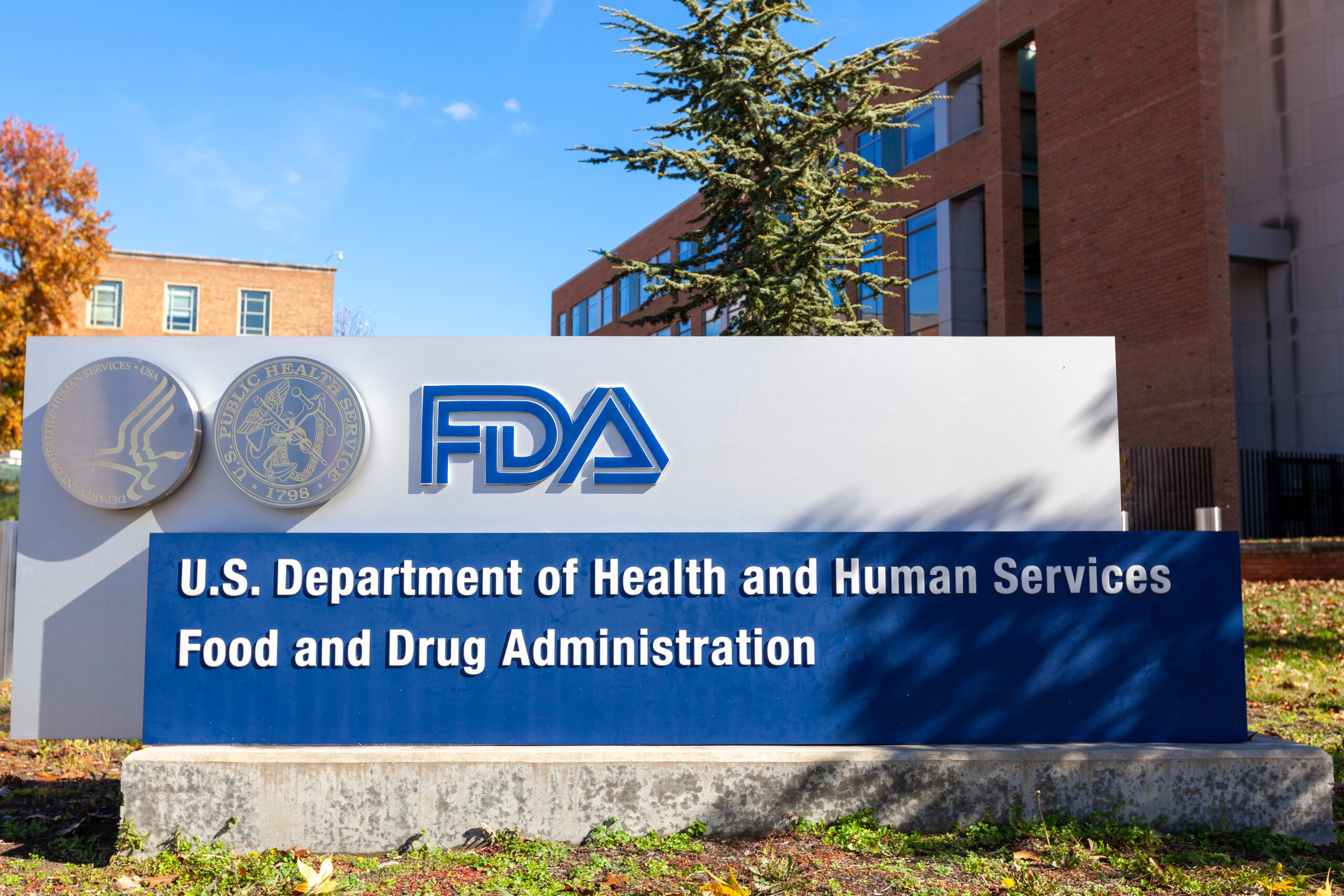Last week, German pharmaceutical giant, Bayer, opened a manufacturing plant in China, where both traditional Chinese medicines and Western over-the-counter (OTC) drugs, will be made. In 2014, Bayer acquired Dihon Pharmaceutical Group, enhancing the company’s global reach for consumer health products.
Bayer opened the initial phase of the company’s plant in the Yunan province of China. The 1,200,542 square foot facility cost 1.4 billion yuan ($213 million), and is Bayer’s second largest OTC manufacturing plant in the Asian-Pacific. Bayer acquired Dihon in 2014 for an estimated $680 million.
According to Bayer, the first phase of the plant has already secured GMP approval for a segment of the traditional Chinese medicines manufacturing line. More refinement of the production line is ongoing, which should allow the plant to start manufacturing Bayer’s Dan E Fu Kang – a product marketed to women with dysmenorrhea, and the company’s main traditional Chinese medicine product.
“[The site] will boost our manufacturing capacity of traditional Chinese medicine products by three times in 2016, and bring about up to triple the manufacturing and supplying capacity for all Dihon products by 2020,” said Lance Yuen, head of Bayer’s Greater China consumer health operations. The company projects that the site will be completed in 2020, and will act as a global center for Bayer’s OTC medications.
Dihon has a number of other pharmaceutical manufacturing sites across China. Prior to the completion of the phase I facility in Majinpu, the company’s largest site was a facility in Kunming National High-Tech Industrial Development Zone, boasting a 161,000 square foot GMP manufacturing space.
Bayer has had a significant presence in China since the 1930s when the drugmaker began selling its products there. Currently, Beijing is the company’s largest drug packing site, which benefited from a €100,000 million investment in packaging and logistics in 2014.
As Bayer was finalizing its acquisition of China’s Dihon, the manufacturer was making $168 million in revenues. This number was generated in a booming financial phase in China, far from the current fiscal trouble the country finds itself in. Despite the recent drop in the value of the yuan compared to the dollar, Bayer still sees value in entering China’s consumer products space.
Sources:












Join or login to leave a comment
JOIN LOGIN